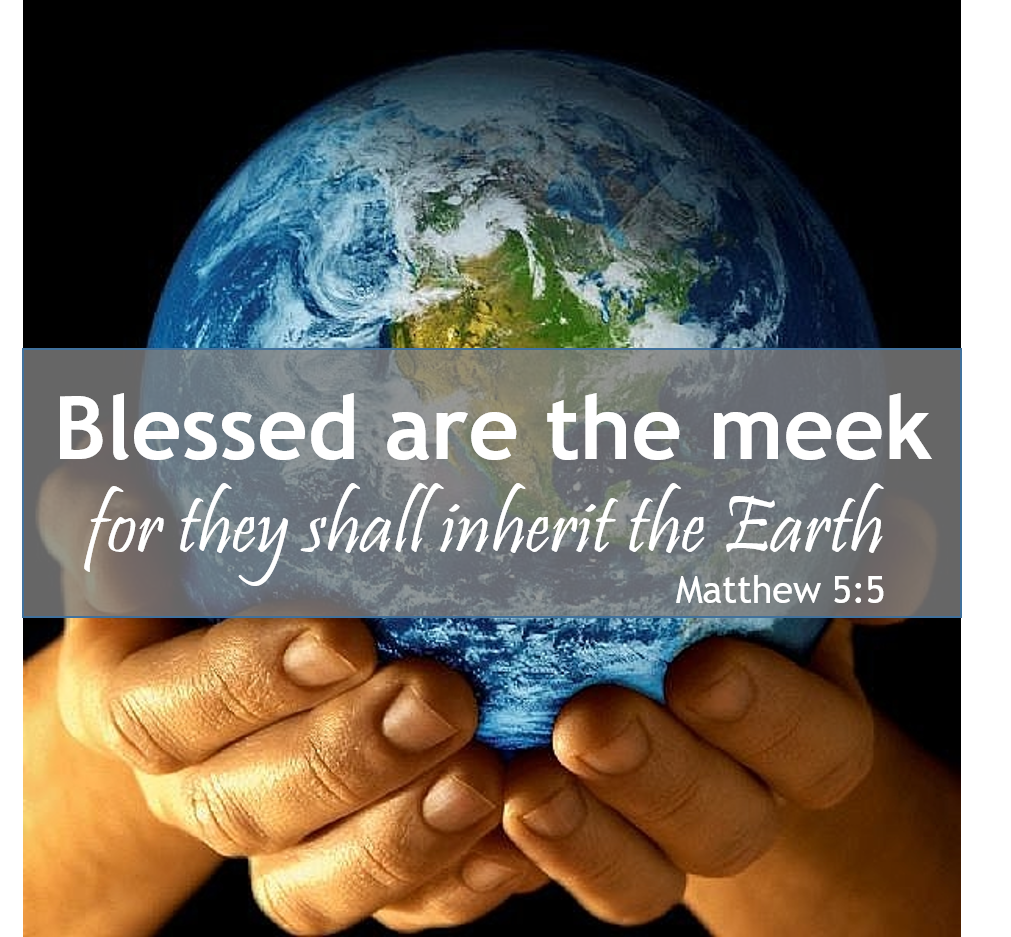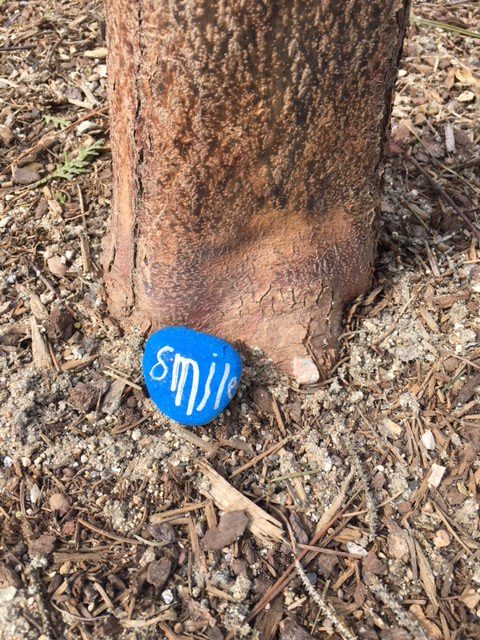Lenten Reflection Day 44 (April 6): EARTH (Isaiah 42:1-9).
SONG: Michael Jackson: Earth: https://youtu.be/XAi3VTSdTxU
POEM: Elaine Equi: Earth (excerpt): A long time we were separate, O Earth, but now you have returned to me.
SONG: Michael Jackson: Earth:
QUOTE: CS Lewis: Imagine yourself as a living house. God comes in to rebuild that house. At first, perhaps, you can understand what He is doing. He is getting the drains right and stopping the leaks in the roof and so on; you knew that those jobs needed doing and so you are not surprised. But presently He starts knocking the house about in a way that hurts abominably and does not seem to make any sense. What on earth is He up to? The explanation is that He is building quite a different house from the one you thought of – throwing out a new wing here, putting on an extra floor there, running up towers, making courtyards. You thought you were being made into a decent little cottage: but He is building a palace. He intends to come and live in it Himself.
Lenten Devotional – Sat, Mar 6: EARTH
As heirs of earth, we are called to a sustainable view of our role. God has given the home of humanity into the keeping of those who are humble and nonviolent, yet those who will stand for what matters to all of us.
Indeed, the fate of our human home, God’s creation, is at stake.
Martha Stortz writes that in the Beatitudes, Jesus envisions and offers a home for all people. One of the Biblical figures exemplifying meekness, according to most commentators, is Moses. He led his people out of slavery in Egypt toward the promised land. At the end of his life, he was shown the land where his people would find home and sanctuary. It took a lifetime to make that journey and he died without entering the promised land. Stortz says, “Jesus uttered this blessing with Moses in mind, restoring to him the land he never got to enter. In this blessing, Moses finally makes it to the promised land. Jesus gift to Moses is also ours. All we have to do is say yes.”
The meek seem to have a generational view of how to care for themselves, each other, and the earth. They (we) aren’t scrambling for immediate rewards and riches. They (we) are looking at the long-term impact and consequences of how humans interact and live together and care for the planet. — Rev Gail
… That’s here, that’s home, that’s us. On it everyone you love, everyone you know, everyone you ever heard of, every human being who ever was, lived out their lives. The aggregate of our joy and suffering, thousands of confident religions, ideologies and economic doctrines, every hunter and forager, every hero and coward, every creator and destroyer of civilization, every king and peasant, every young couple in love, every mother and father, hopeful child, inventor and explorer, every teacher of morals, every corrupt politician, every “superstar,” every “supreme leader,” every saint and sinner in the history of our species lived there—on a mote of dust suspended in a sunbeam. — Carl Sagan
We are all passengers aboard one ship, the Earth, and we must not allow it to be wrecked. There will be no second Noah’s Ark. — Mikhail Gorbachev
Vine Deloria, Jr. spoke of the Seven Generations in very practical terms. In his cantankerous way, he would express extreme annoyance at the romanticism of the concept as it was popularly used. Because, as explained to him, the generations we are sworn to protect and revere are the seven we are most immediately connected to. Think about it for a moment. It is possible that many of us have known or will know our great-grandparents, grandparents, parents, our children, grandchildren, and great-grandchildren. Even if we aren’t fortunate enough to have been in the physical presence of those who came before us, we usually have stories, songs, and photos that have been shared so that we feel a connection. We also want to make sure our kids and grandkids are healthy, safe and aware of where they come from. So, counting our own generation—ourselves, siblings, and cousins—we are accountable to those seven generations. — David Wilkins
Challenge or Question: How do you care for the earth? What else, in this Lenten period, can you choose to do to tend our human home?
Mon, Nov 16 Gratitude Reflection
Consider the earth. Give thanks for the ground beneath your feet. The glacier-driven cliffs and outcroppings, twisted into waterfalls and ledges, that shape our landscape. Imagine the rich soil that yields summer and autumn harvests. The fierce and ancient mountains, upthrust and worn low, that frame our valley.
Stone. Soil. Rock. Dirt. May we appreciate the holy ground on which we stand, reside, play, work and learn. May we pause to recognize that she is more than mere rock, but an interconnected part of creation. She holds us up. Gives us a home. Groans, and continues to live. — Rev Gail
… you are the hope of all the ends of the earth
and of the farthest seas.
By your strength you established the mountains;
you are girded with might.
You silence the roaring of the seas,
the roaring of their waves,
the tumult of the peoples.
— Psalm 65
Fill the earth with your songs of gratitude.
— Charles Spurgeon
There are three requisites to the proper enjoyment of earthly blessings: a thankful reflection, on the goodness of the giver; a deep sense of our own unworthiness; and a recollection of the uncertainty of our long possessing them. The first will make us grateful; the second, humble; and the third, moderate. – Hannah More

